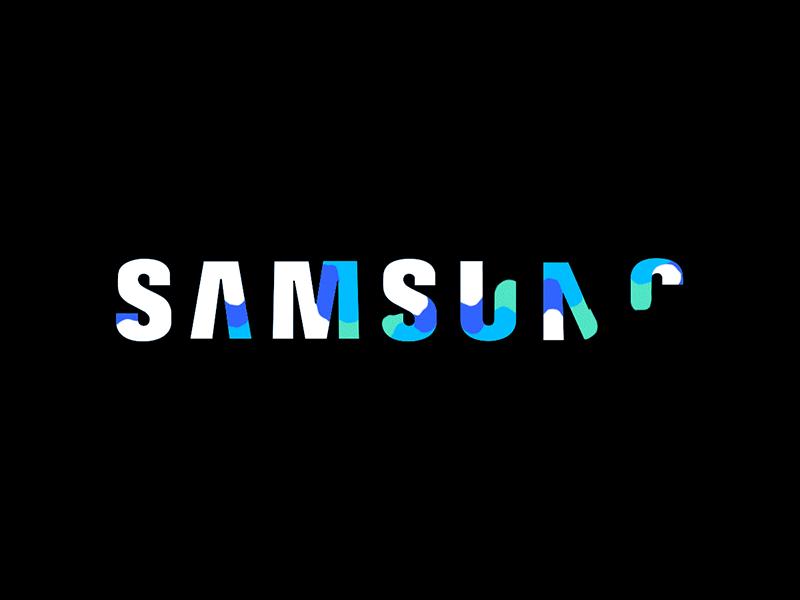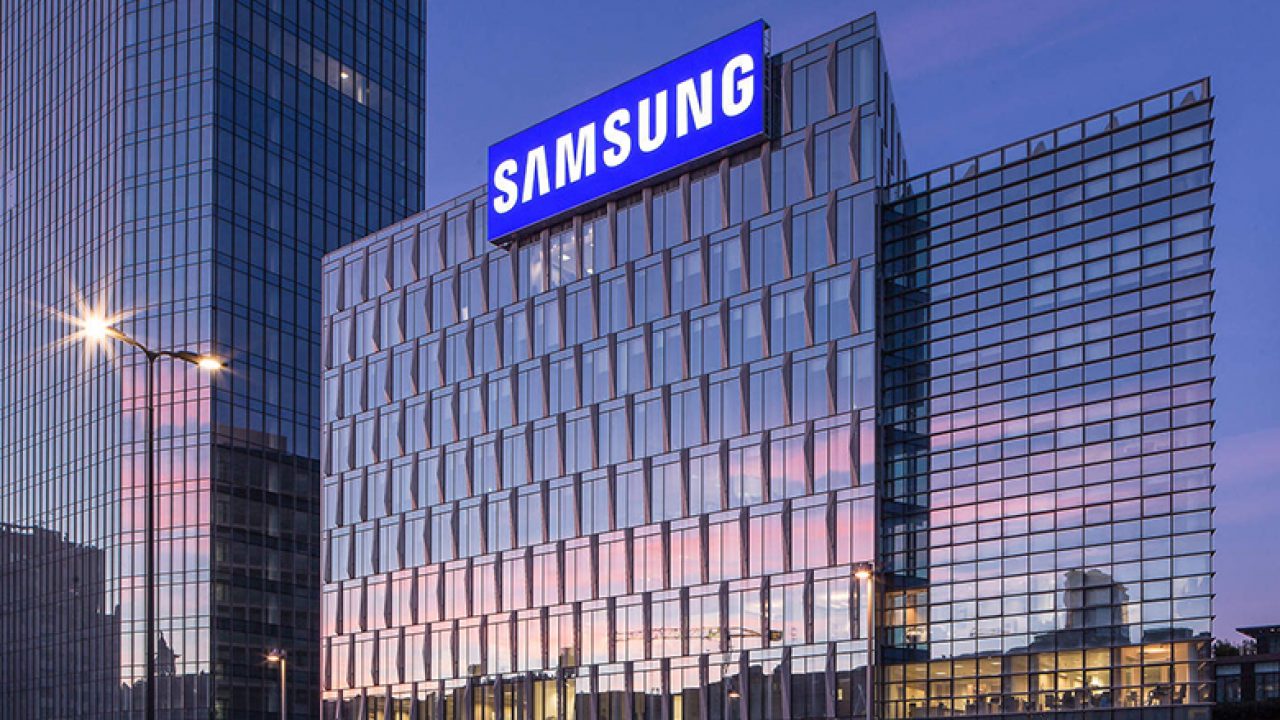As driverless cars become more and more common on everyday roads, automakers are undertaking various efforts. One of these efforts is to collaborate with leading chipmakers that can effectively synchronize ADAS, or advanced driver assistance systems.
Samsung has announced that it will join the autonomous vehicle business. But instead of following Xiaomi's example, the company will supply the chips used by the artificial intelligence that controls self-driving systems. A US-based semiconductor company Ambarella will be the customer. It seems that the two companies promise to transform the next generation of autonomous vehicles.
Also Read: Quantum Motion Startup Receives $50.5 Million Investment
This new chip family is manufactured for ADAS

According to the information, this new chip family is manufactured for ADAS. It features a high-performance, power-efficient and scalable design that complements a wide range of solutions for assisted driving while enhancing vehicle automation. The integrated CV3-AD685 SoC combines information from various sensors for robust L2+ to L4 autonomous driving. It can also interpret data from cameras and radars to determine driving scenarios. For reference, L2 autonomous driving refers to partial automation, while Level 4 Automation refers to high-level automation where a car can pull over using guided sensors even without human intervention.
With industry-leading process technology and advanced 3D packaging solutions, Samsung Foundry powers many of the latest mobile, HPC and automotive solutions. Samsung will apply its automotive IPs, latest processes, packaging technologies on top of the 5nm node to make the chip high-performance and low-power. The company also credits the implementation of the 5nm node for the chip's performance boost. Almost equivalent to 20 times the original performance scale. In addition, Samsung also plans to start offering the 4nm node for automotive applications in the near future.
Samsung has set an ambitious target for non-mobile products to account for more than 50 percent of revenue from its foundry business by 2027. Qualcomm achieved its highest annual revenue to date in 2022 as the company grew significantly from chip shortages during the pandemic.
As the global economic downturn causes chip demand to fall, Samsung remains committed to its innovative technology. It is also determined to remain at the forefront of the semiconductor industry. Thus, with the cooperation of Samsung and Ambarella, we can expect to see more advanced technologies used in autonomous vehicles in the near future.





No comments yet for this news, be the first one!...